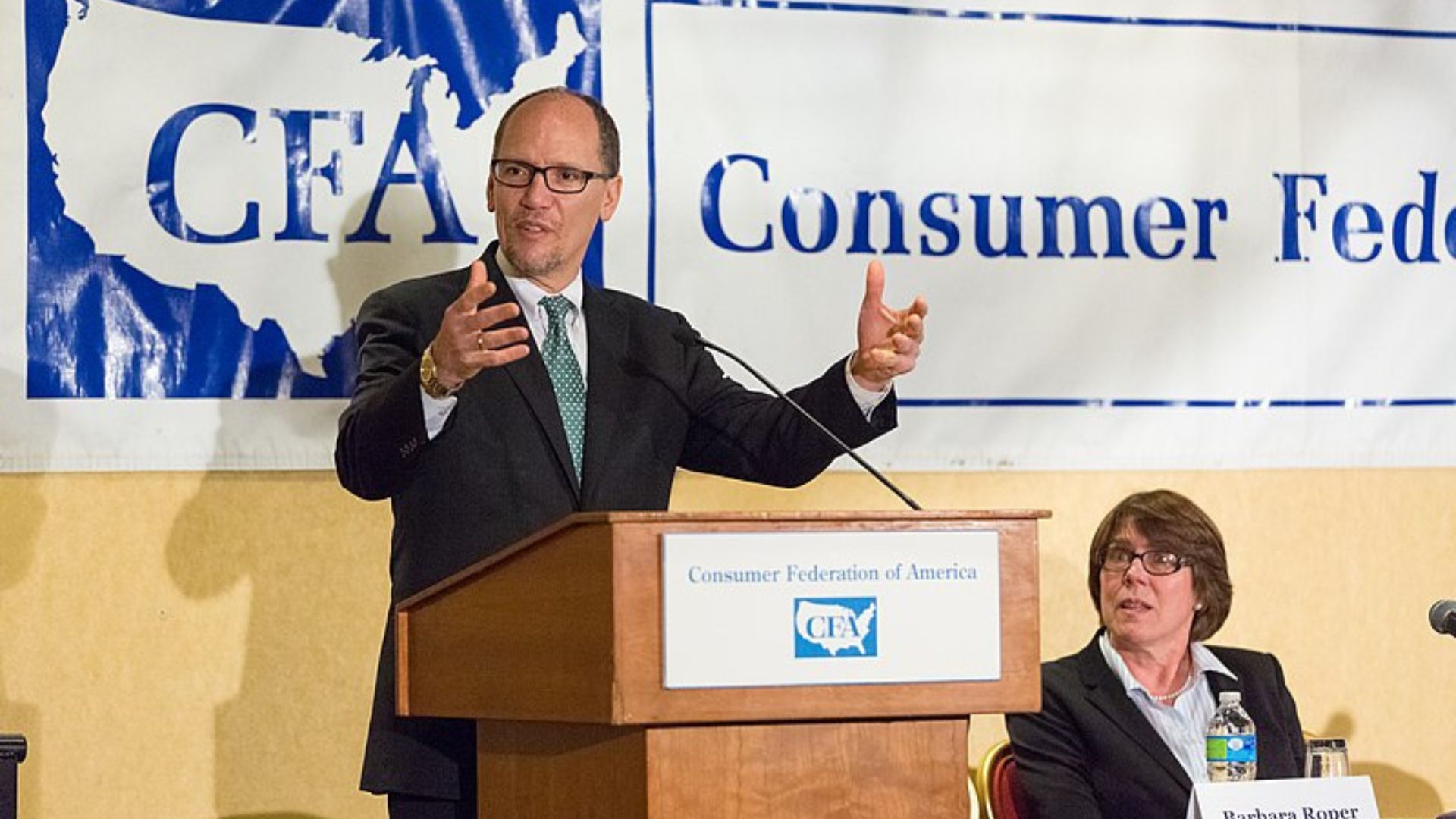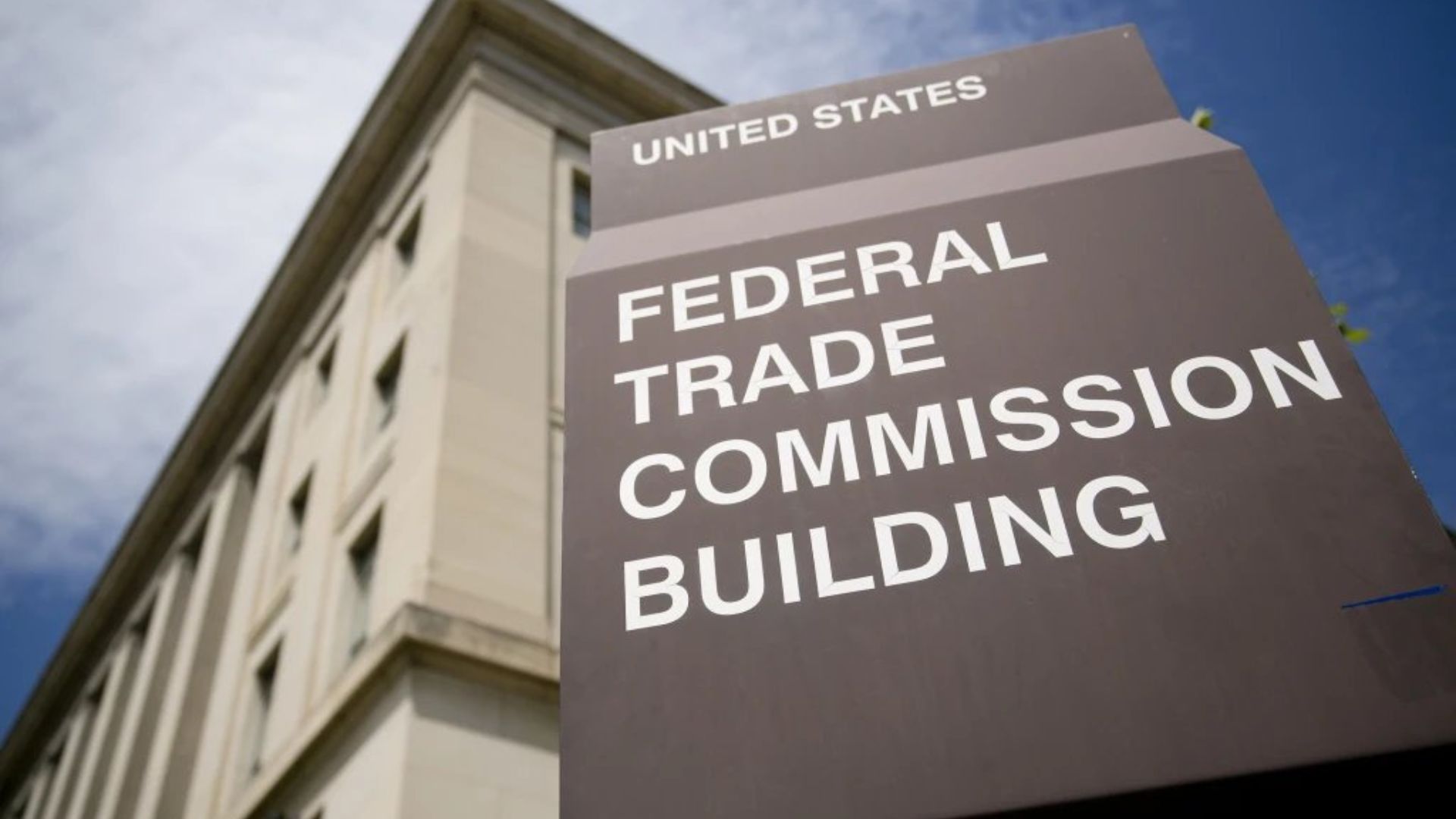A new law in California will mean better price transparency for customers out to eat in the Golden State.
Establishments caught violating the new law will be required to pay heavy fines of at least $1,000.
Unexpected Fees Plaguing Diners

Resort fees, service charges, and add-ons have recently become a headache for restaurant-goers.
Booking a hotel, buying a concert ticket, or even dining in a well-known establishment can leave customers with a bad feeling of being taken advantage of when the bill comes. For California, state lawmakers have had enough of hidden fees.
Details of California’s New Law and Its Impact

The new law will require price transparency and will take effect on July 1st. The Attorney General, Rob Bonta, said on Wednesday at a press conference that customers deserve to pay for the price they see when seeking a service or product.
Bonta’s office issued guidance that will apply to thousands of businesses in the state. The law will most likely affect the way many businesses operate. Restaurant menus will be required to list a comprehensive price for each item in clear view.
Reactions from Businesses and Restaurant Owners

Many business owners and restauranteurs have been dreading the change. Surcharges and add-ons hidden on bills have been a sneaky way for owners to make a little extra profit for themselves and their staff.
In San Francisco, many diners were shocked to see an extra fee on their bill for mandatory health care payments for workers – a bill that many people think should be paid out directly by the employer.
Support from Consumer Advocates and Advocacy Groups

The new law, SB 478, has been celebrated by customer advocacy groups in the state.
They say the matter is common sense and will bring much-needed clarity to transactions. Jenn Engstrom, the state director for the California Public Interest Research Group, told the press that she wants consumers to know the true cost of products up front to make an informed decision.
Concerns about Higher Prices and Sticker Shock

After the bill was introduced, restaurant owners warned that the price of menu items could increase substantially to make up for the loss.
Restaurant owners are concerned that the new law will cause customers to think the business will absorb the price.
The California Restaurant Association’s Disagreement with the Law

One restauranteur who heads the Golden State Restaurant Association says that the transparent price on the menu could cause customers to experience sticker shock and, in turn, change their spending habits.
However, that is the intended effect of the law. Instead of being gouged at the end of a meal, diners can be more informed about what they will be charged for.
Momentum for Transparent Pricing at State and Federal Levels

While it’s unknown how the change will affect the industry, the movement appears to have supporters across government and private sectors.
The federal government recently introduced a similar ruling to make transparent pricing mandatory across all states. Similarly, Colorado and Pennsylvania have added similar legislation to stop junk fees.
Impact on Employees and the Restaurant Industry

The restaurant industry is one of the largest industries in the United States. Since the Covid-19 pandemic slowed down, employment in the industry has been ramping up.
The bill is not intended to turn away business from any establishments. Lawmakers hope the imposed bill will not cause restaurants to lose business and fire employees. For years, restaurants have used hidden surcharges to pay employees delivery fees, healthcare, and more.
Reasons Behind Strong Reactions to Fees from Patrons

For many avid restaurantgoers, things have been getting more expensive in recent years. In addition to the rising cost of food and transportation that increased the prices in establishments, customers were hit with multiple hidden fees on bills.
People have been eating out less frequently, and the industry has yet to see business return to pre-pandemic levels.
The pervasiveness of Hidden Fees and Examples in Various Industries

The new law in California will require both online and in-person businesses to list all of the fees associated with a singular item.
The new bill will also affect online ticket sellers, who earn billions of dollars every year by charging 20 to 30% of the advertised price in hidden fees and surcharges.
Pending Rules and Challenges Regarding Transparency in Pricing

As efforts to promote transparency in pricing gain momentum, rules, and challenges will shape the landscape of popular goods and services.
At the forefront of this movement is the Federal Trade Commission’s (FTC) proposed rule to address “unfair or deceptive fees” that mislead customers about the total costs of goods and services. Many customers remain hopeful that the bill will help eliminate some outrageous fees they feel they shouldn’t pay.








































